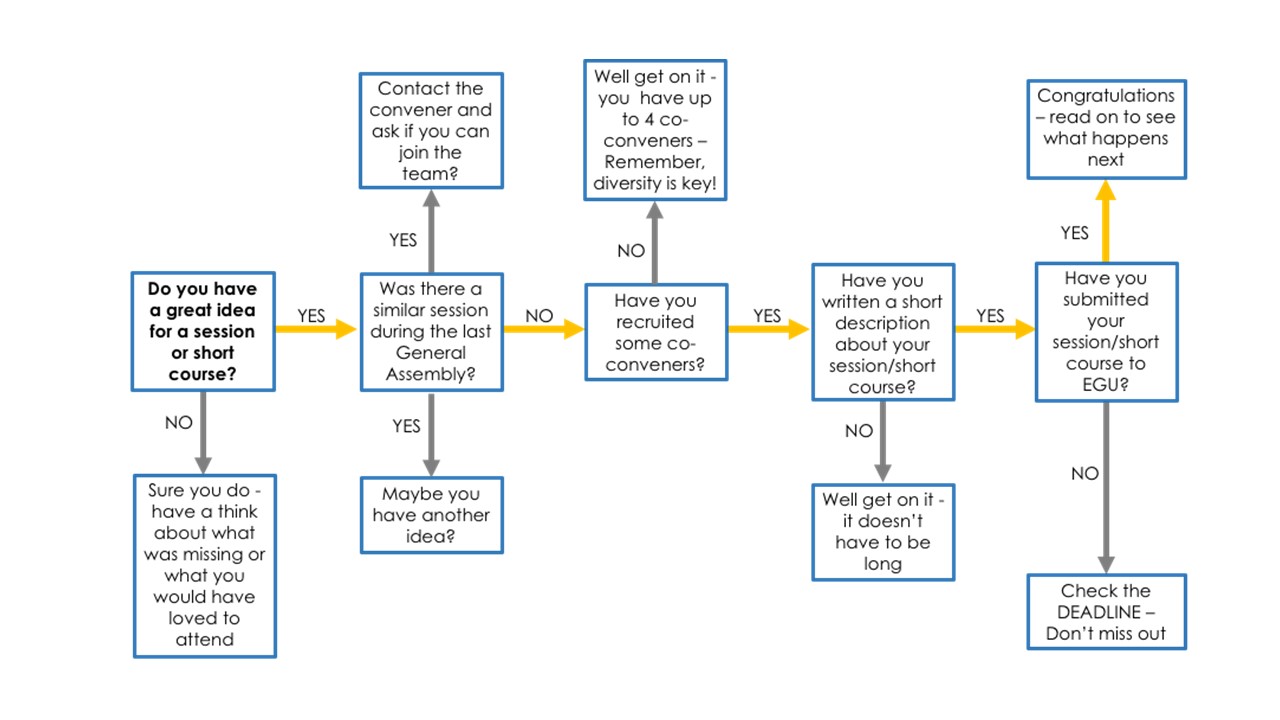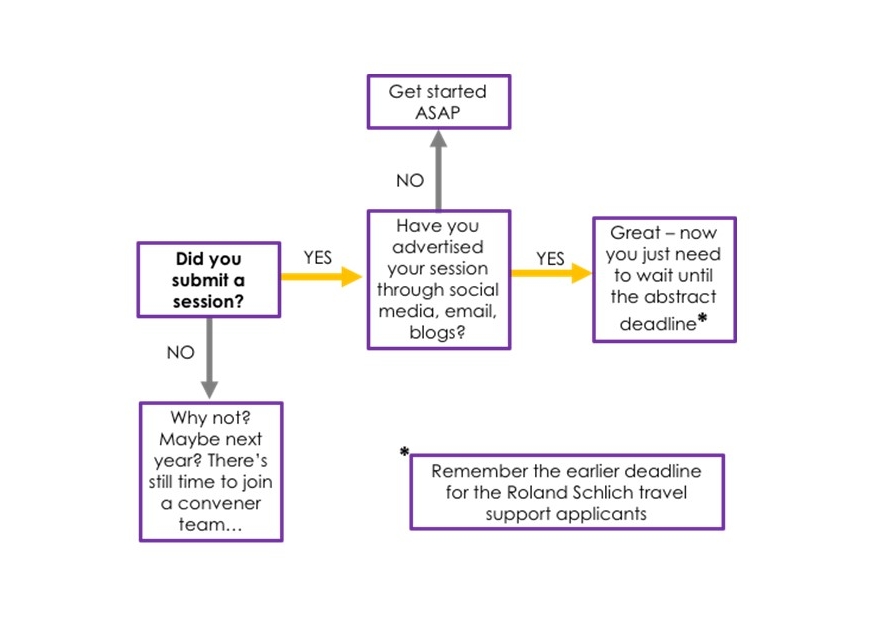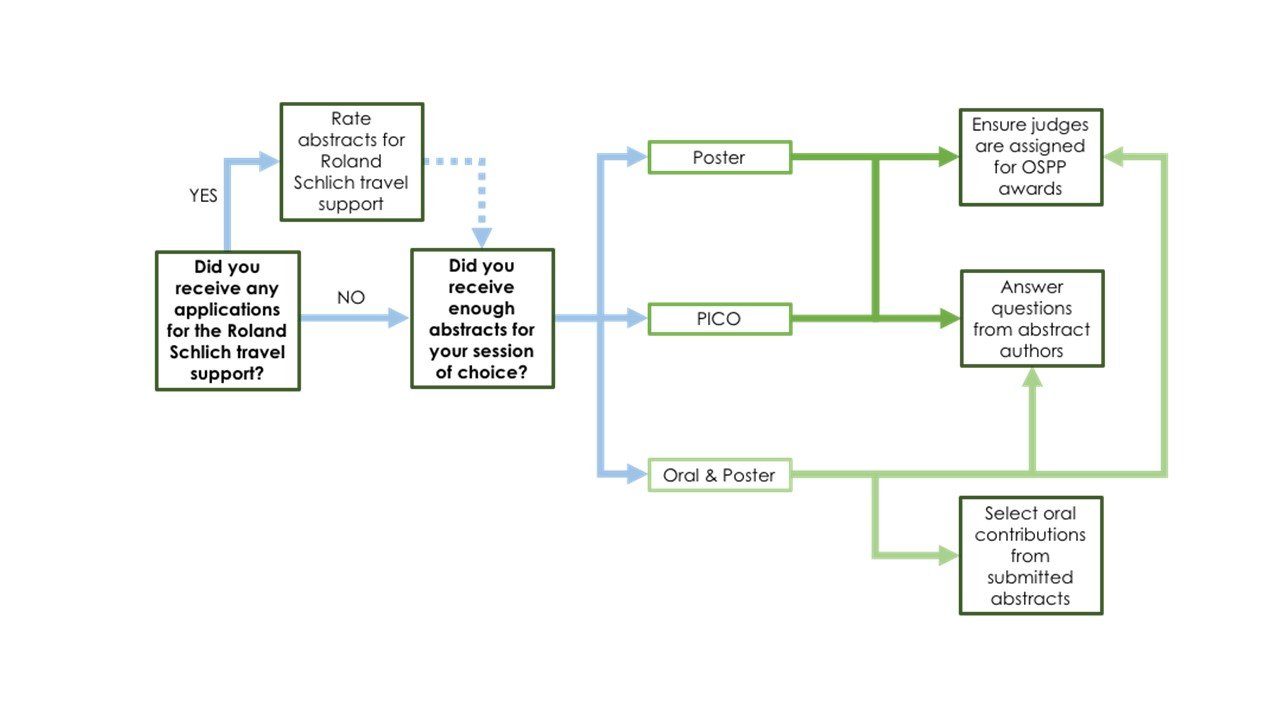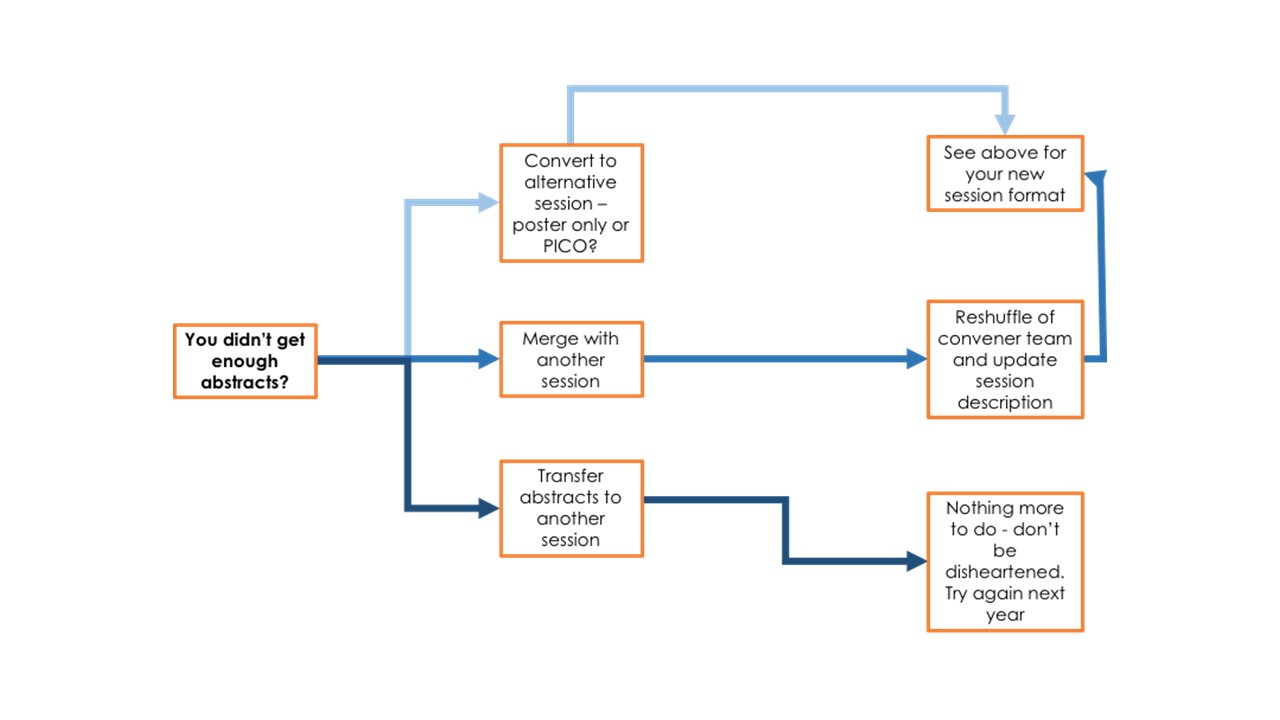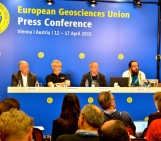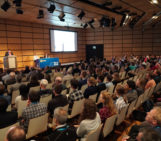
Convening a session at a conference can seem daunting, especially if you are an early career scientist (ECS) and a first-time convener. At the 2018 General Assembly, Stephanie Zihms, the Union-level ECS representative, discussed the basics of proposing, promoting and handling a session in the short course ‘How to convene a session at EGU’s General Assembly.’
In today’s post she has created some simple flow charts to ensure your convening experience is a success. With the call for sessions for the 2019 EGU General Assembly open until 6 September 2018, now’s the perfect time to put this advice into practice!
Did you know that you can help shape the General Assembly by proposing a session?
Follow the flow charts to find out more:
After the session submission deadline, the Programme Committee will look for duplicate sessions and encourage sessions to merge before the call for abstract opens. Once sessions are open for abstract submission, it is then up to you and your convener team to ensure your session is advertised. Try publicising your session as widely as possible. Why not spread the word through social media, mailing lists or even a blog post?
Remember, scientists who would like to be considered for the Roland Schlich travel support have to submit their abstracts by 1 December 2018, prior to the general deadline, to allow for abstract assessment.
Also remember that ECS can apply to be considered for the OSPP (Outstanding Student Poster and Presentation) award. Judges are normally allocated by the OSPP coordinator, but as a convener you need to check each entry has been awarded judges.
Once the general deadline closes, your responsibilities as convener or co-convener depend on the type of session and the number of abstracts. EGU’s conference organisers, Copernicus Meetings, will keep you updated via email and more information about your responsibilities can be found here.
Note that the EGU considers all General Assembly contributions equally important, independent of presentation format. With this in mind, if your session is given oral blocks, make sure your oral slots include presentations from early career scientists as well as established scientists. It’s also a good idea to ensure your diversity selection goes beyond career stage and includes gender and nationality.
As the convener (or co-convener) you need to ensure all abstracts submitted for the Roland Schlich travel support are evaluated and the feedback is provided through the online tool. This should be done as a team.
The minimum number of submitted abstracts required for a session varies each year. This often depends on the type of session requested (oral, poster, PICO) and overall amount of abstracts submitted.
Not all conveners attract the required number of abstracts for their session of choice, but don’t worry. If this happens to you, there are other options available, like converting to different session type or teaming up another session. The EGU Programme Committee works hard to make sure all abstracts are presented at the General Assembly in sessions that are as suitable to them as possible.
Remember, the call for sessions for the EGU General Assembly 2019 closes on 6 September 2018 and the call for Union Symposia and Great Debates proposals ends by 15 August 2018.
By Stephanie Zihms, the Union-level ECS Representative
The EGU’s 2019 General Assembly, takes place in Vienna from 7 to 12 April, 2019. For more news about the upcoming General Assembly, you can also follow the official hashtag, #EGU19, on our social media channels.

